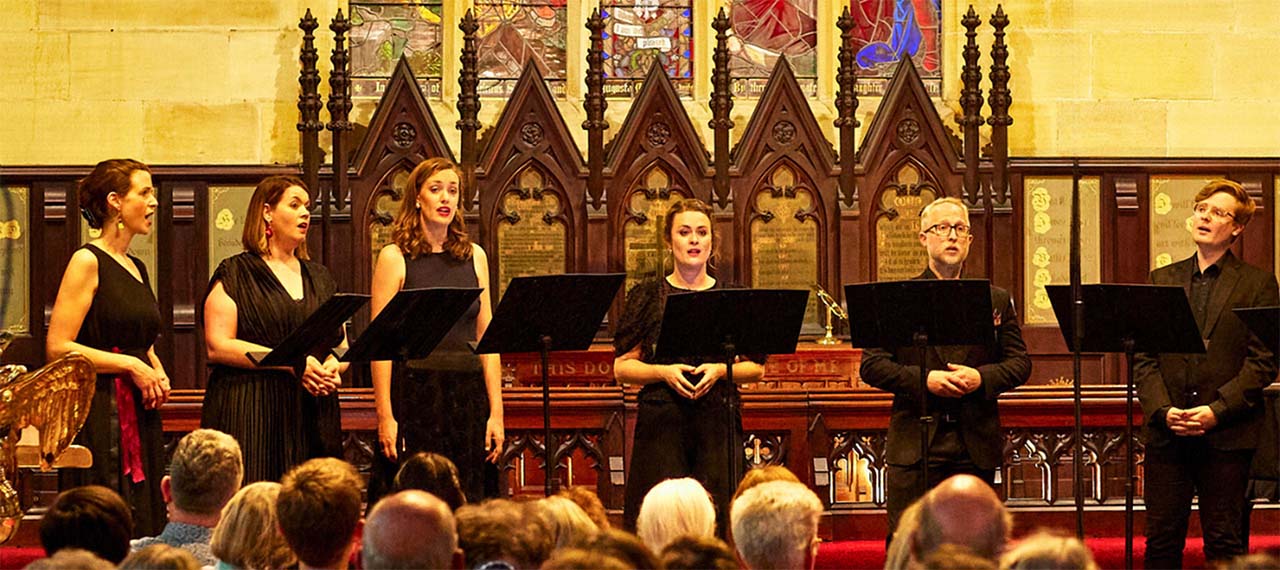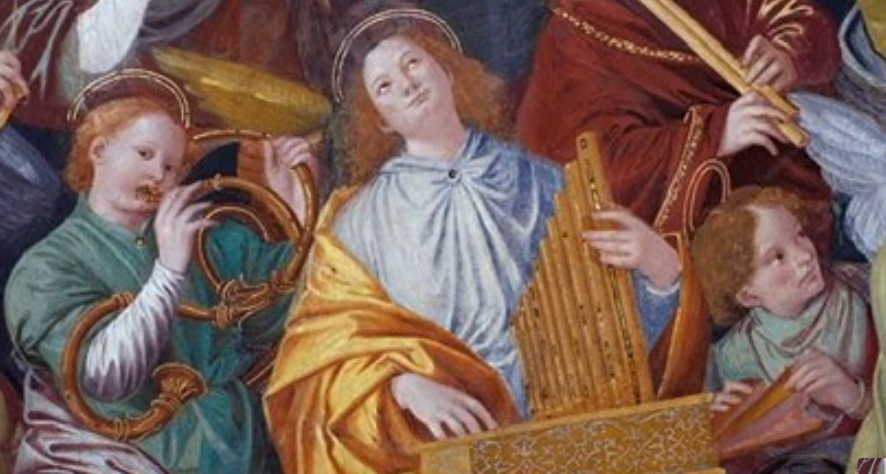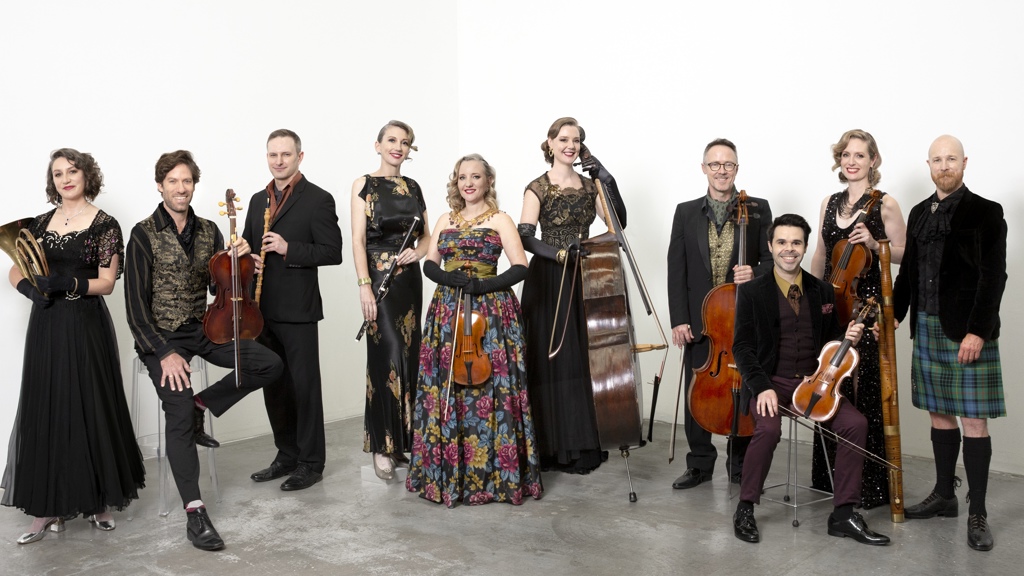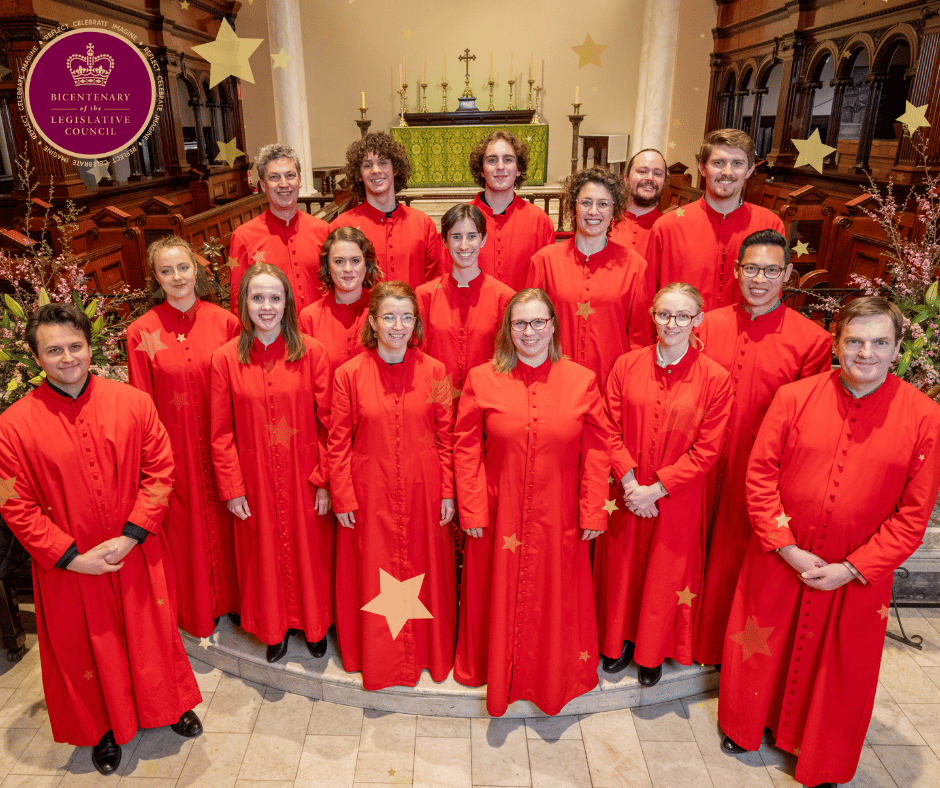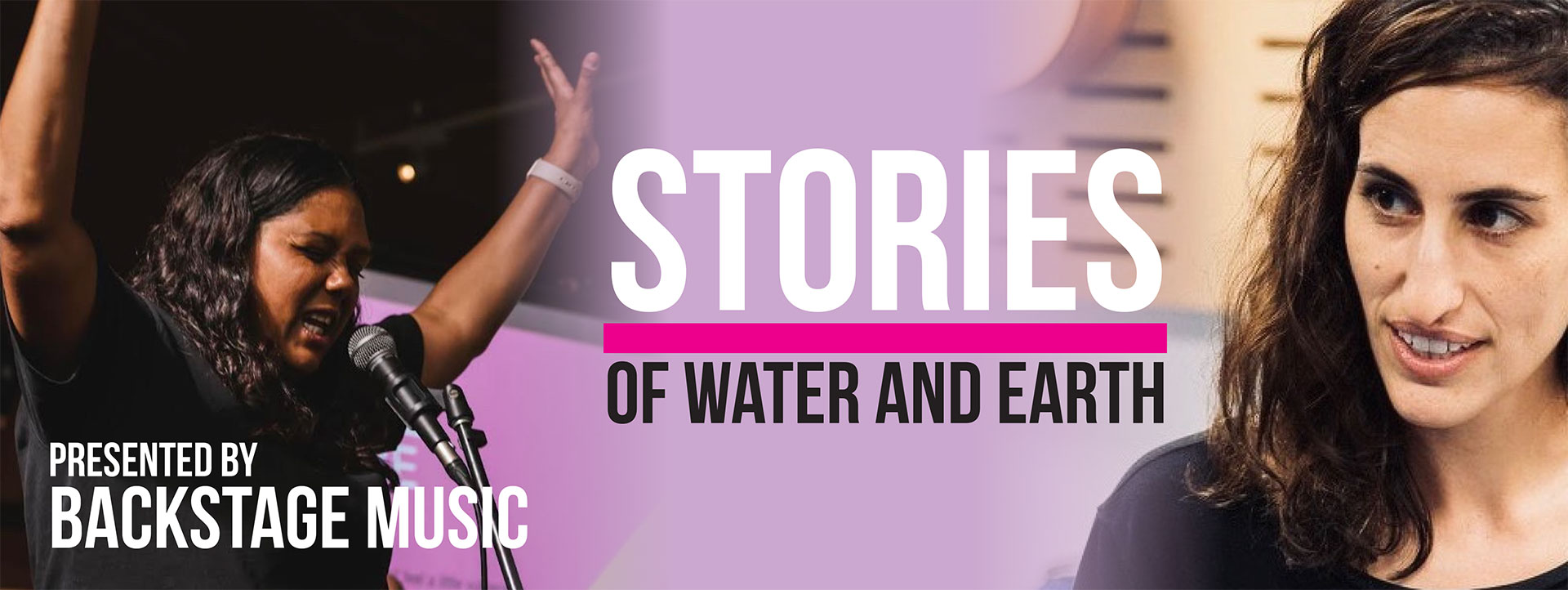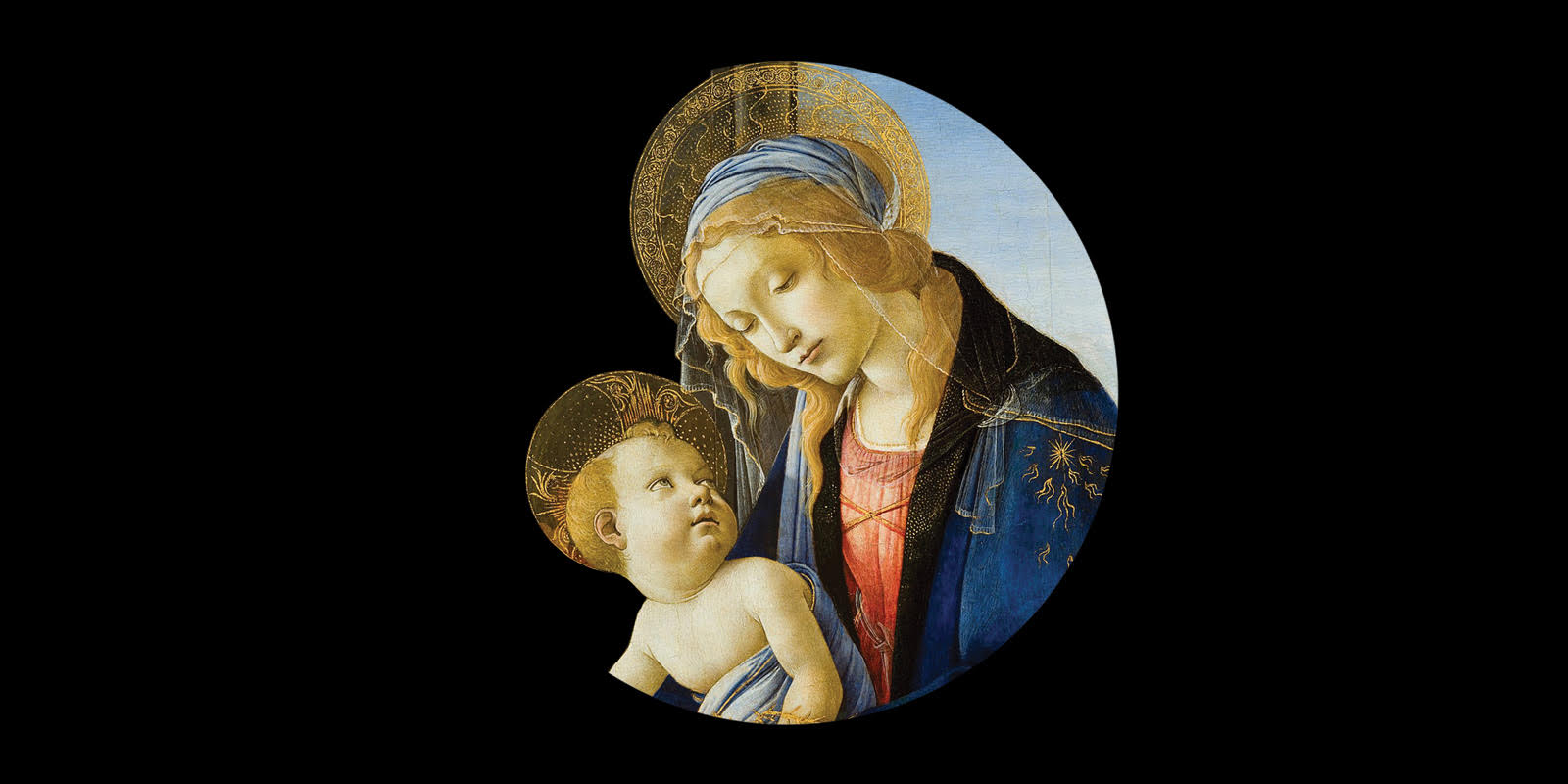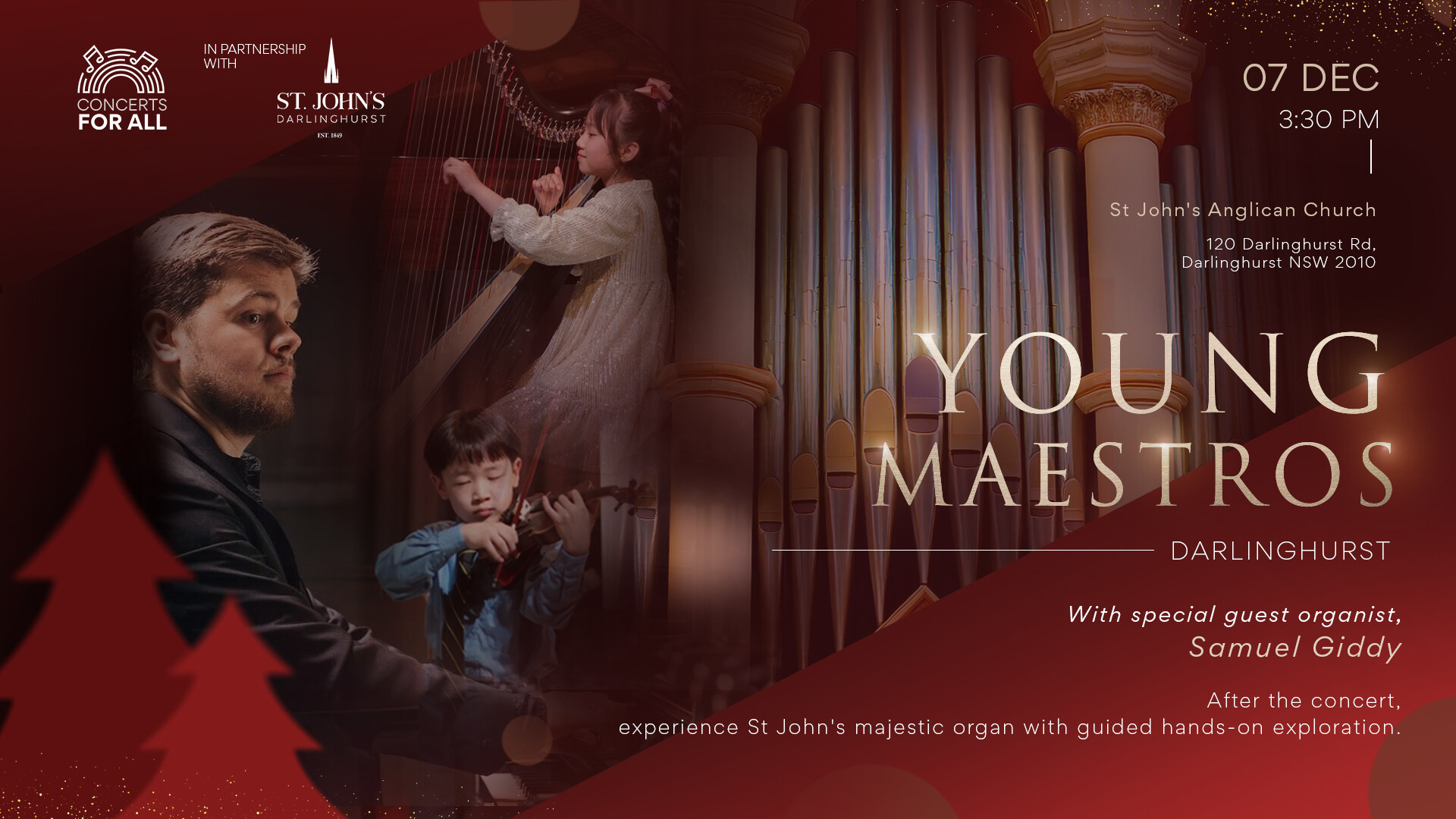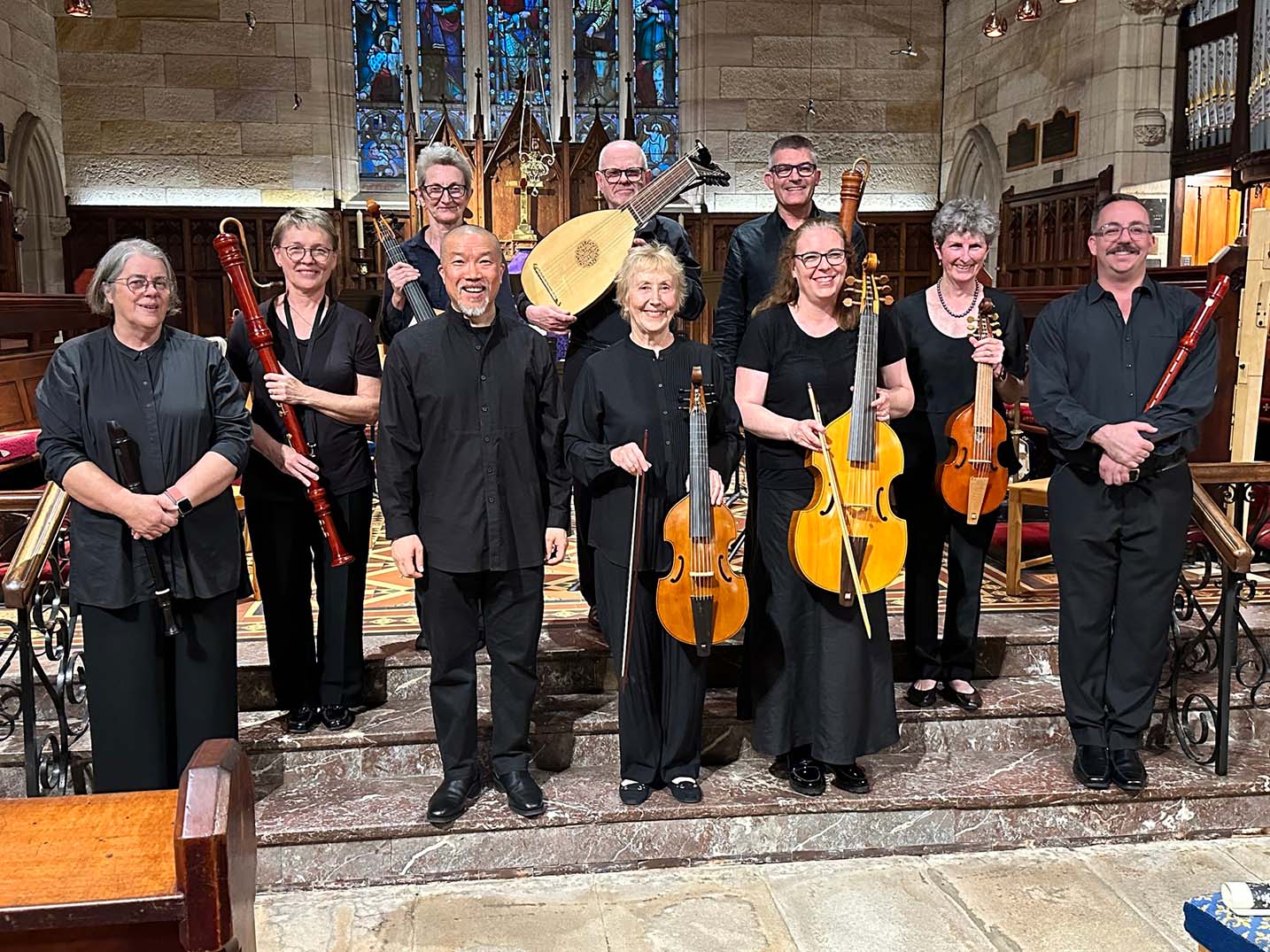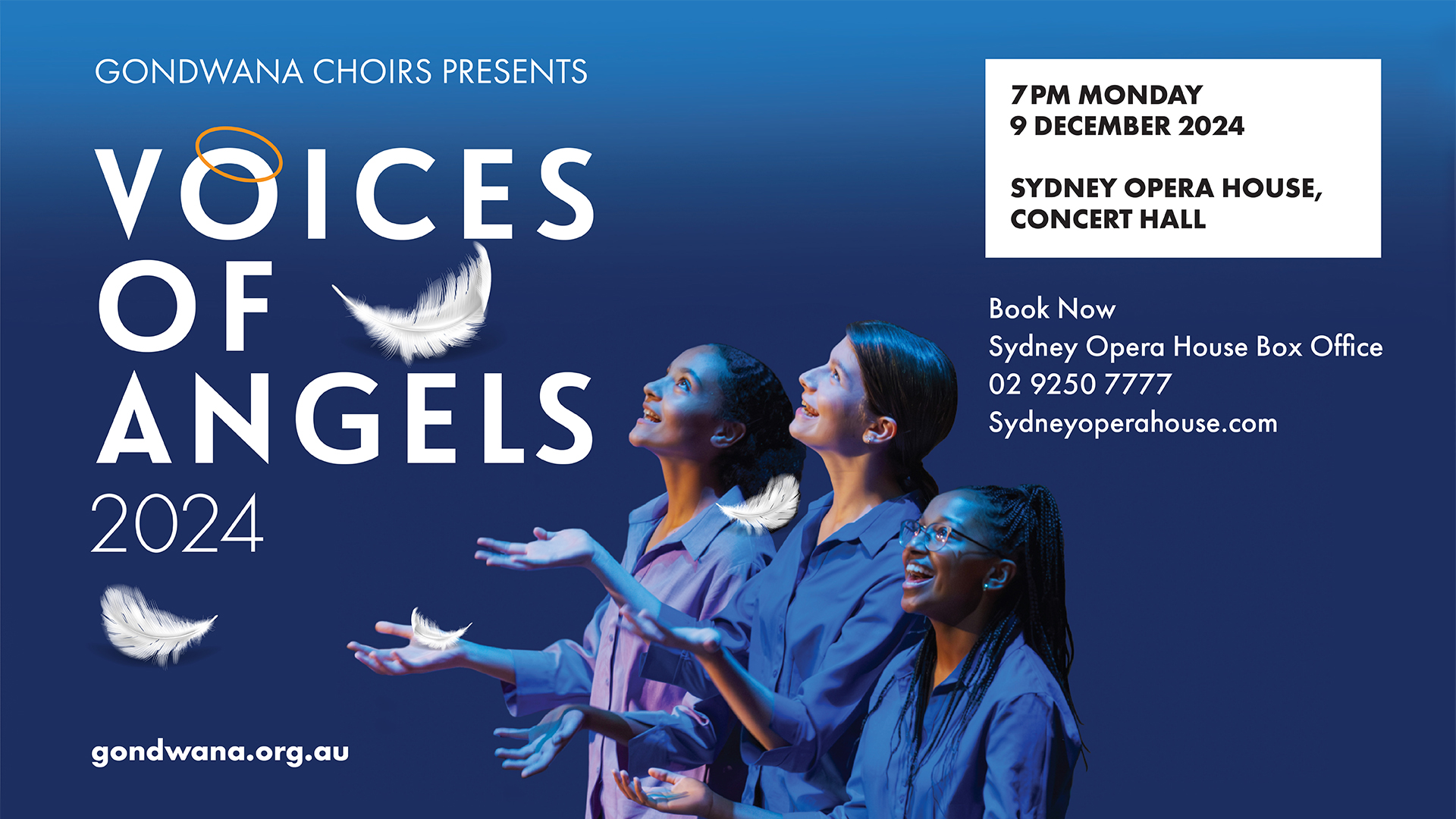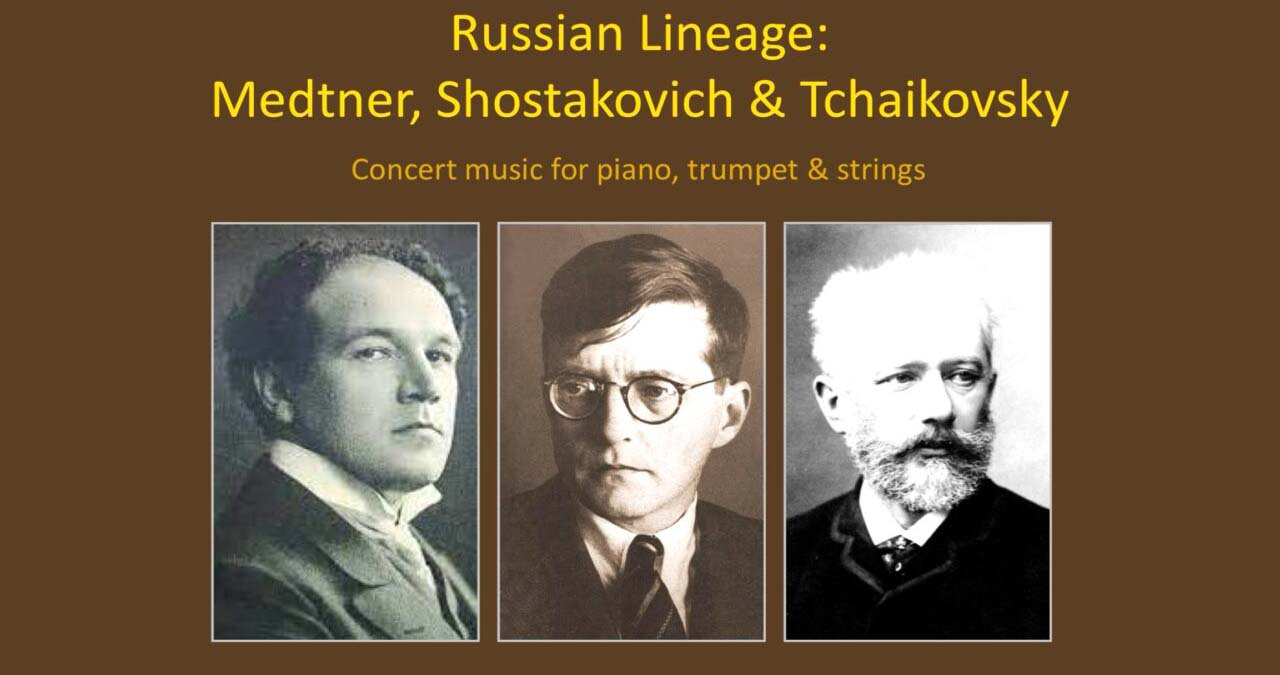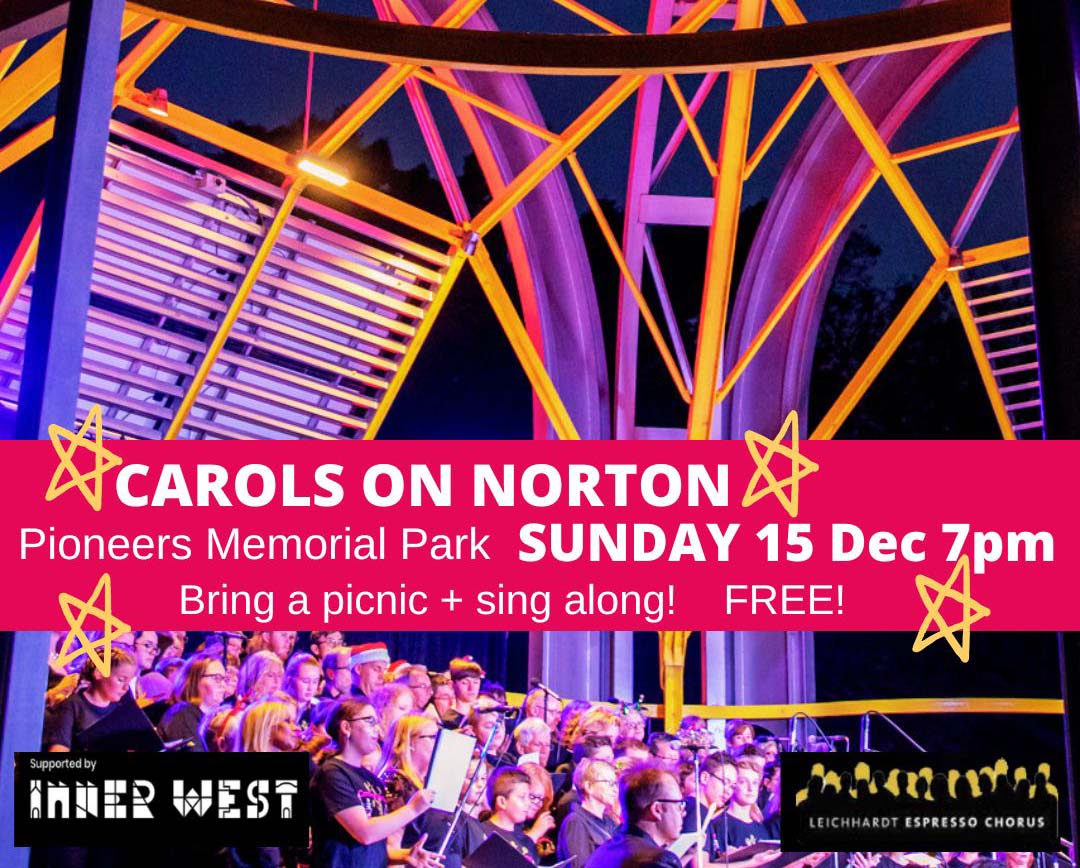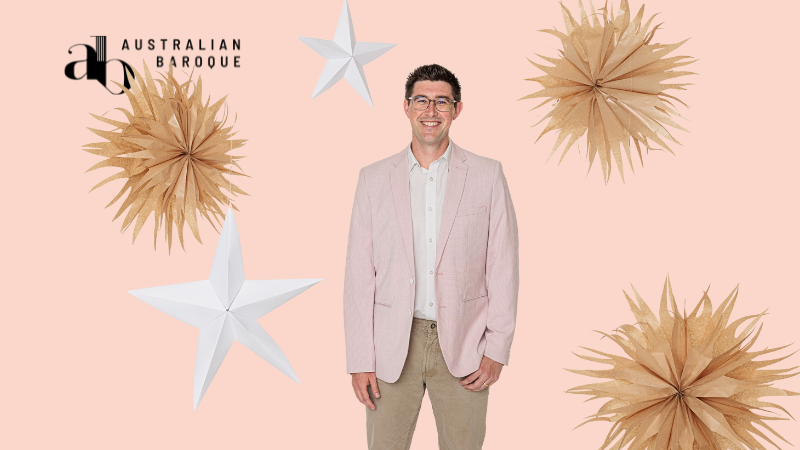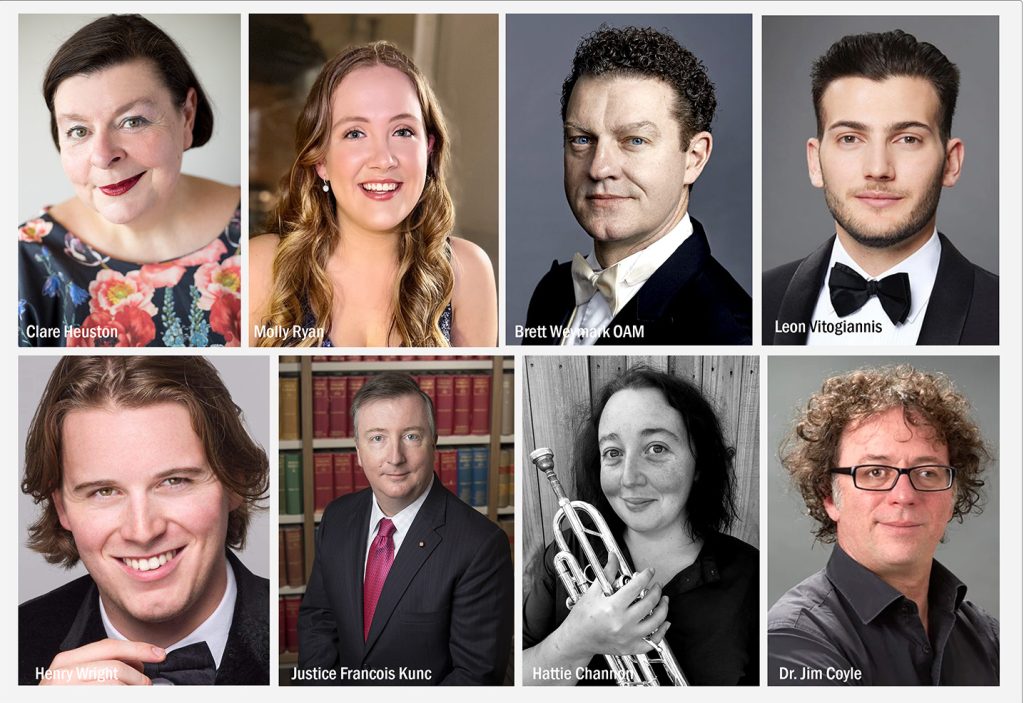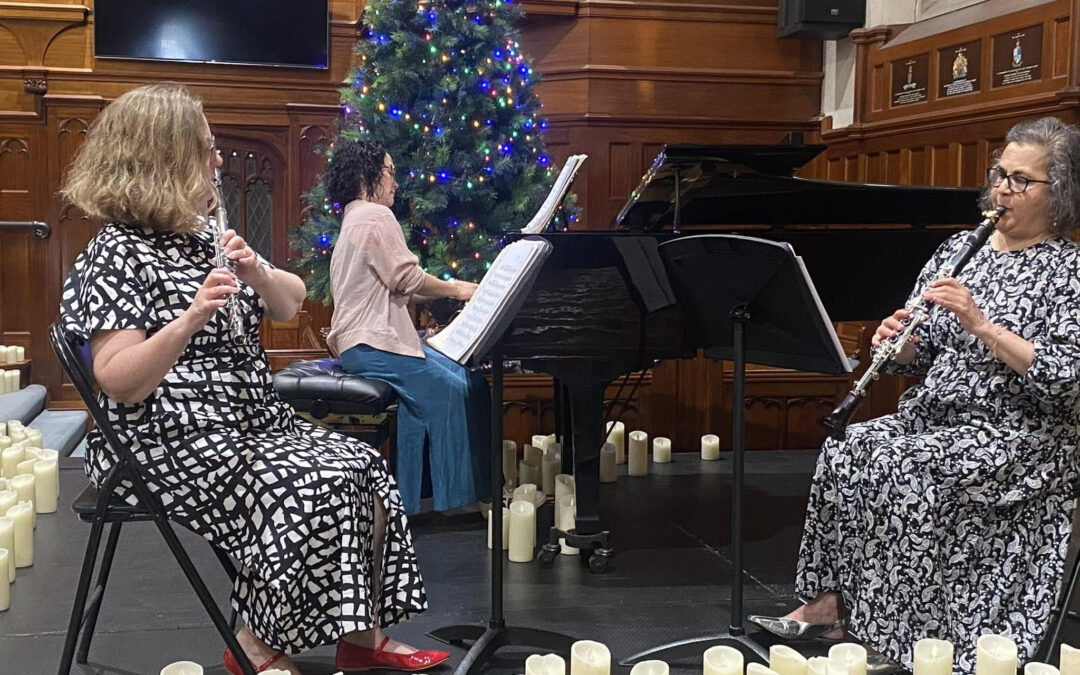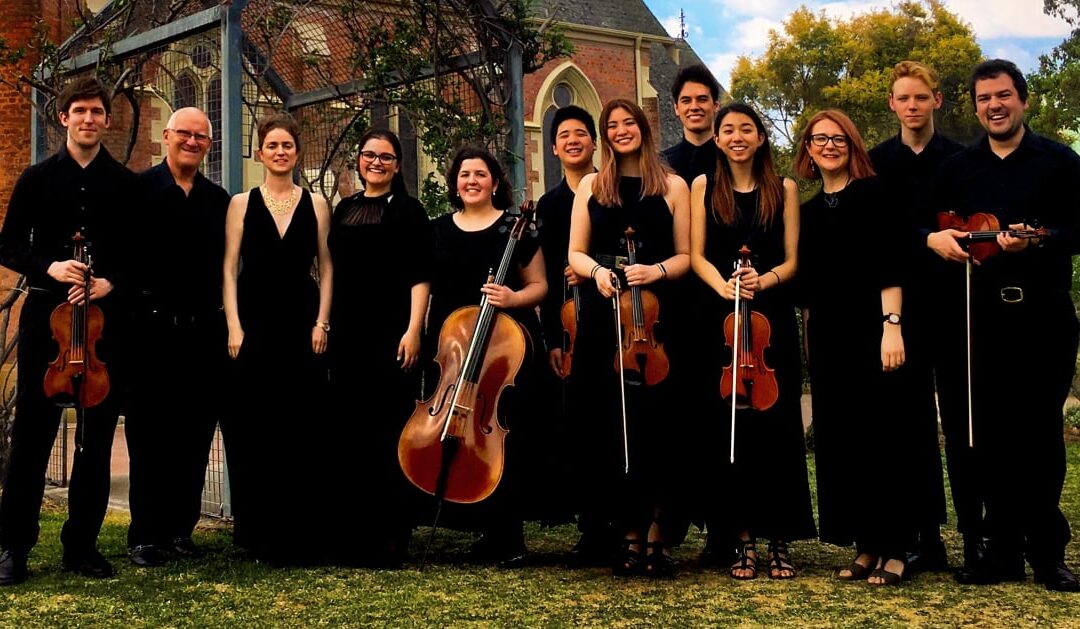And who is St Cecilia you may ask? No less than the Patron Saint of Music, who received such an accolade in honour of her 2nd or 3rd Century martyrdom. Doubtless she would have a special affinity for The Emeralds, given her association with the viol as portrayed in the paintings of Raphael, Rubens and others. A small statue of her was placed on a stand in front of the ensemble and I’m sure she approved of the program!
Ode for St Cecilia’s Day
Not surprisingly, a number of composers have written music in the name of St Cecilia. The program opened with Purcell’s Ode for St Cecilia’s Day 1683 (the first annual celebration of her feast day); we also heard his 1692 Ode for St Cecilia’s Day with its reference to the viol, beautifully sung by Josie Ryan.
The performance was held in the wonderfully renovated Glebe Town Hall, and the upstairs room was packed with an enthusiastic and appreciative audience. In the first half, we were treated to eight Purcell pieces (he surely loved the viol!) and one Monteverdi; after afternoon tea and the opportunity to chat with others, we enjoyed another three Purcell works bookended by two modern pieces composed or arranged by Brooke Green.
It is difficult not to ‘rave’ about Josie and the Emeralds – I could listen to Josie Ryan’s voice all day and I love how deeply expressive her singing is. I have also come to really appreciate the unique sound of the viol. Playing on Saturday were Brooke Green, Fiona Ziegler, Catherine Upex, Imogen Granwal, Victoria Watts and Jacques Emery. Between them The Emeralds play treble, tenor and bass viol as well as violin, double bass and percussion. Given the heat on Saturday, and the habit viols have of going out of tune in a short period, it was impressive that tuning was kept to a bare minimum during the afternoon.
Come Ye Sons of Art
In the first half of the performance, I really enjoyed ‘Strike the Viol’ from Purcell’s Come Ye Sons of Art (arr. by Brooke Green). It seemed the perfect song for St Cecilia “Strike the viol … Sing your patroness’s praise, in cheerful and harmonious lays”. The piece featured all the viols and double bass, beginning and ending with pizzicato playing and sung with joyful enthusiasm by Josie Ryan. I also liked Monteverdi’s Lasciatemi morire from Lamenta L’Arianna, with its sense of deep longing and anguish of spirit, the singing beautifully supported by four viols.
Dorthy Porter
After the interval we listened to three of Dorothy Porter’s poems set to music by Brooke Green – I cannot imagine any other instrument being ‘just right’ for these poems. This was the world premiere of these pieces. Green had also arranged a plaintive and deeply moving piece called ‘Albanese’, originally composed in Italy in response to the death of many refugees trying to get to Europe by boat ten years ago. The composer requested that Green’s arrangement be dedicated ‘to boat people everywhere’. The middle section of the second half included three Purcell pieces. In Nomine of Seven Parts, was exquisite with beautifully balanced playing by the seven violists (joined here by Sue Christie). Special kudos to 19 year-old Jacques Emery (double bass, percussion) who played bass viol like a pro in this and another piece. The afternoon closed with Schubert’s The Art of Music as an encore.
Mention should also be made about the program. It contained extensive and helpful notes on St Cecilia, the music, and the players, as well as the text of all songs. In particular I loved the legend alongside each item to indicate which instruments would be playing – it was easy to see, for example, that a particular piece had one singer, one violin, two treble viols and a bass viol.
22 November 2014, Glebe Town Hall

